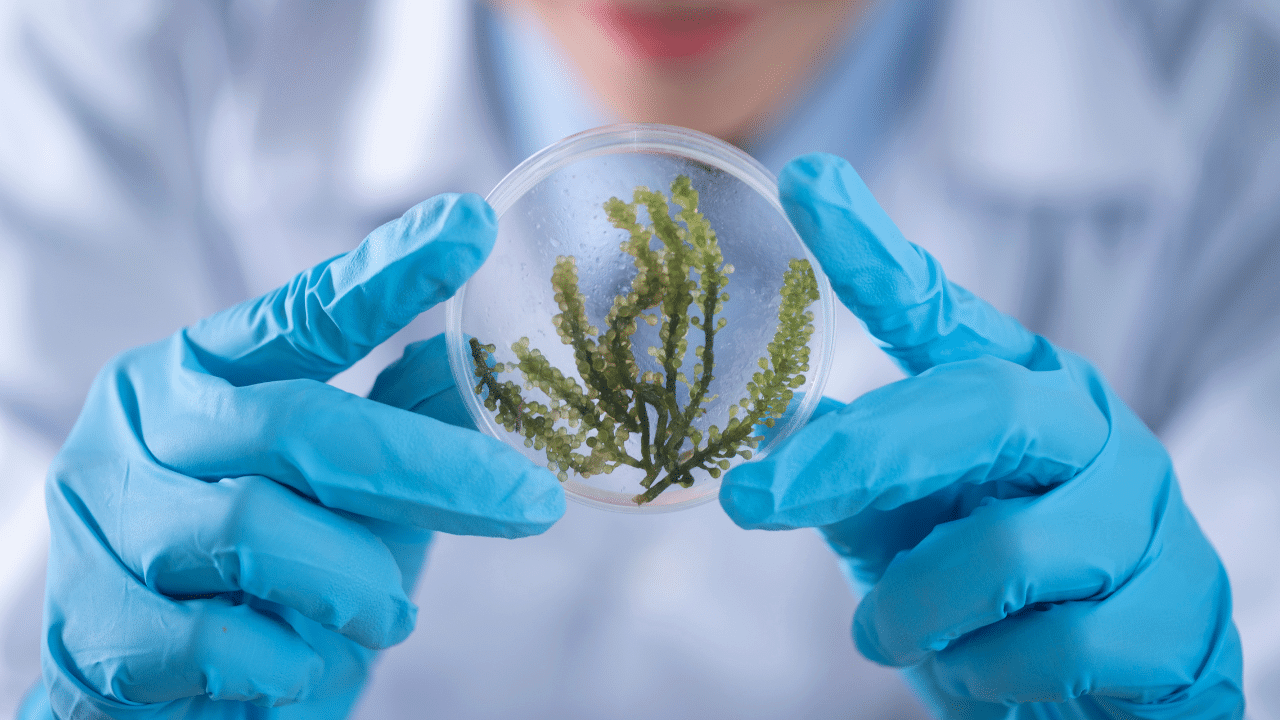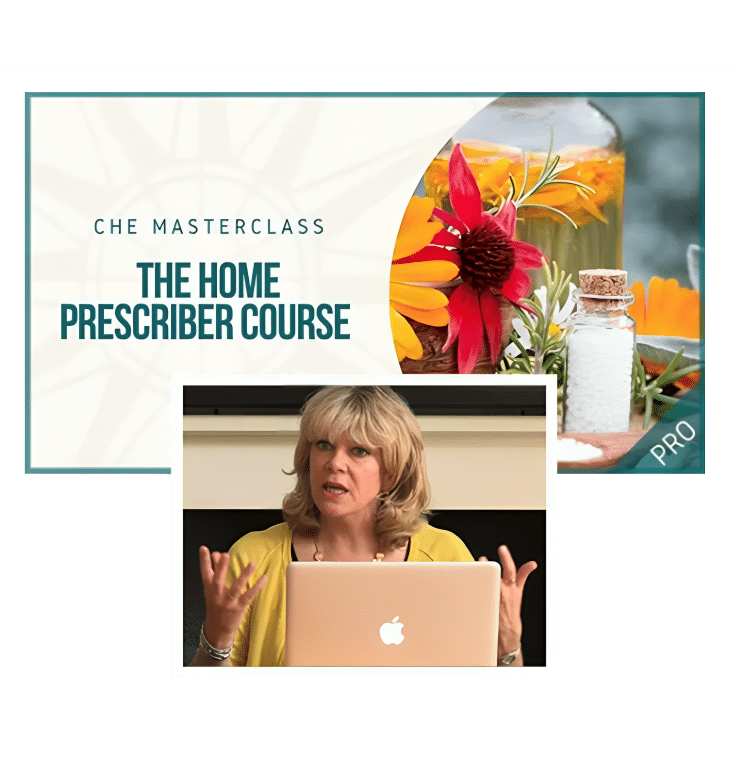
Mistletoe (Viscum album)
Mistletoe (Viscum album) Every Christmas, mistletoe hangs above doorways, inviting

As professional homeopaths, we’re no strangers to skepticism. Despite the clinical outcomes we witness daily, homeopathy continues to be misunderstood and challenged in both public and professional arenas.
So how should we respond? The answer isn’t defensiveness—it’s data.

Homeopath and CHE PRO Community Manager
By integrating scientific research into our toolkit, we can respond with clarity, credibility, and confidence. Thanks to organisations like the Homeopathy Research Institute (HRI), we now have access to high-quality evidence that challenges the myth that homeopathy lacks a scientific foundation.
Scientific literacy is no longer optional—it’s essential. While we may not all be researchers, every homeopath benefits from understanding and applying research.
Here’s why engaging with evidence matters:
We can defend the legitimacy of our work.
We educate and reassure hesitant families.
We can address misinformation in the media.
We influence policy and protect our right to practice.
Whether you’re preparing a presentation, writing a blog post, or chatting with a skeptical GP, knowing what the science actually says gives you confidence—and opens up real dialogue.
The Homeopathy Research Institute (HRI) is an independent, non-profit organisation dedicated to promoting high-quality scientific research into homeopathy. Their goal isn’t to “prove” homeopathy, but to ensure public debate is informed by accurate, up-to-date evidence.
CORE-Hom Database – A comprehensive, regularly updated database of peer-reviewed homeopathy clinical trials
Systematic reviews and meta-analyses – Evidence summaries for easy reference
Conference proceedings – Insight into cutting-edge homeopathy research
🔗 Explore more at www.hri-research.org
A rigorous meta-analysis by Mathie et al. (2014) examined 32 randomised controlled trials (RCTs) and concluded that homeopathy was 1.5 to 2 times more likely than placebo to produce a beneficial effect.
“There was a small, statistically significant effect of individualised homeopathy compared with placebo.”
– Mathie RT, et al., Systematic Reviews, 2014
An update in 2018 reinforced these findings and used stricter criteria to assess study quality.
Beyond RCTs in humans, research shows biological effects in cell, plant, and animal models:
In vitro: Histamine trials by Belon et al. (2004) demonstrated that ultra-dilutions affect basophil activity. These findings have been replicated by four independent labs.
Animal models: Studies by Endler (2003) and Jonas (2001) reveal repeatable remedy effects.
Plants: Research by Majewski and Baumgartner reports measurable changes in germination and stress responses—not placebo effects.
Evidence from non-human studies—where placebo isn’t a factor—continues to mount. In humans, double-blind, placebo-controlled RCTs meet conventional scientific standards.
Moreover, a 2021 veterinary meta-analysis (Berchieri-Ronchi et al.) showed significant treatment effects in animals.
We don’t yet fully understand the mechanism, but promising theories are emerging:
Nanoparticles: Chikramane et al. (2010) found source-derived nanoparticles in high dilutions.
Water structure and quantum coherence: Research by Montagnier et al. (2009) explores electromagnetic signals and water memory.
This work is ongoing, yet it already challenges outdated assumptions.
The 2015 Australian NHMRC report is often cited as “proof” that homeopathy doesn’t work. However, an independent investigation in 2019 revealed serious flaws: 176 of 183 studies were excluded from analysis without justification.
In contrast, the European EPI3 study (Grimaldi-Bensouda et al., 2014), involving 6,000+ patients, found that those treated by homeopathic GPs used fewer antibiotics and psychotropic drugs—with equal or better outcomes.
You don’t need to memorise entire journals. Start small, and focus on being research-aware.
Memorise a couple of quotes or study findings for conversations. For example:
“A 2014 meta-analysis of 32 RCTs found that individualised homeopathy significantly outperformed placebo.”
Link to studies on your website, in blogs, or on social media. Use accessible language and share myth-busting factsheets.
You don’t need to convince everyone. Instead, open doors. Try saying:
“You might be surprised by what recent research has found. Would you like a link?”
Science is a process. Be honest about what we still don’t know—it builds trust.
We don’t need research to justify every remedy. Our clinical experience matters, too. However, scientific evidence helps us speak the language of other health professionals and policy makers.
It brings us out of the margins and into the conversation.
So next time someone questions homeopathy, you can say:
“Yes, there is evidence. And I can show you.”
Disclaimer
The content shared here is intended for informational purposes only and should not be considered a replacement for professional medical advice, diagnosis, or treatment from a qualified and licensed healthcare provider. The views and opinions expressed in this presentation are those of the presenter and do not necessarily represent those of CHE or any affiliated organisations.

Mistletoe (Viscum album) Every Christmas, mistletoe hangs above doorways, inviting

Your Guide to Calc Tissue Salts Tissue salts, also known

Natrum Muriaticum vs Nitric Acid: When Defensive Minds Look Alike
